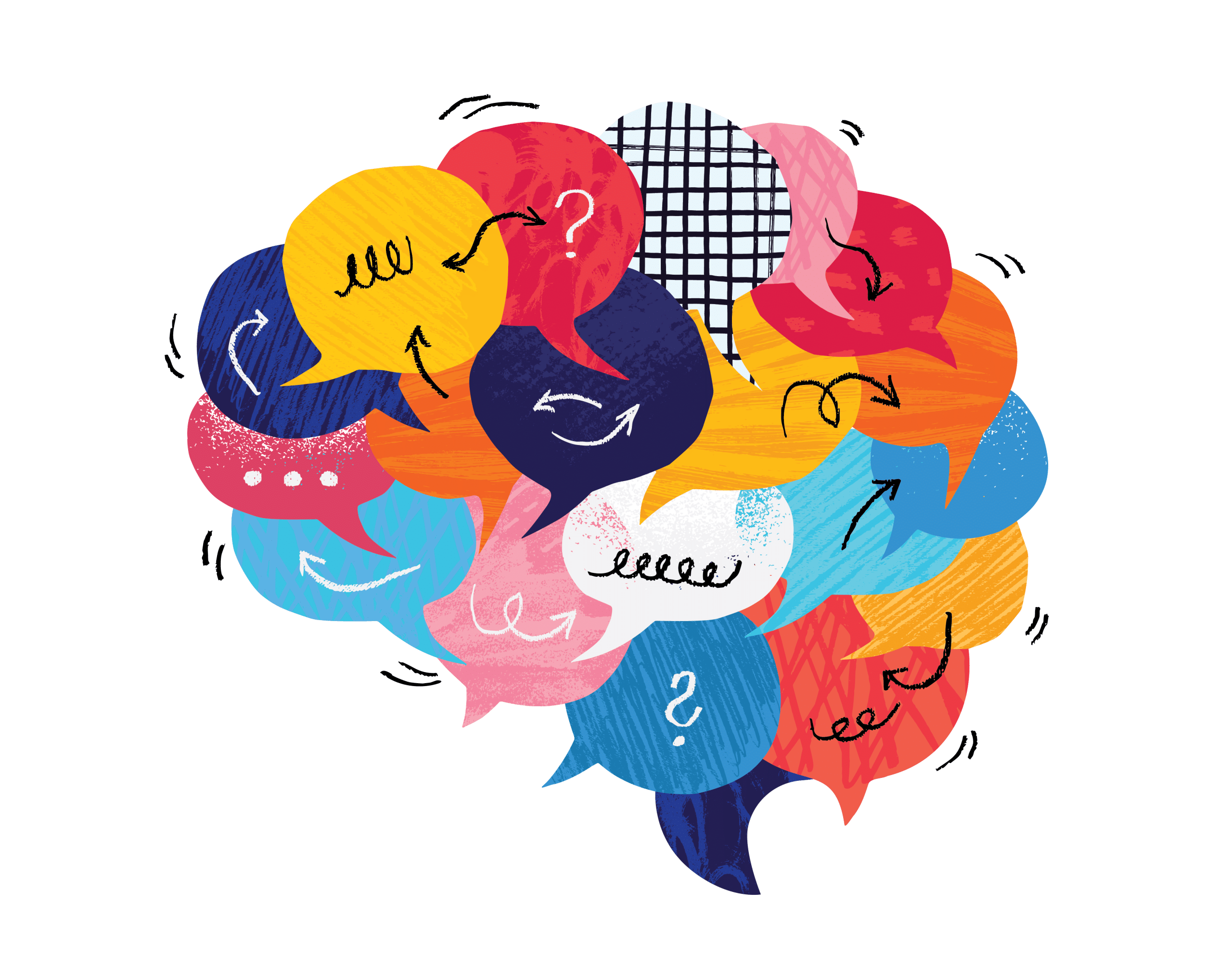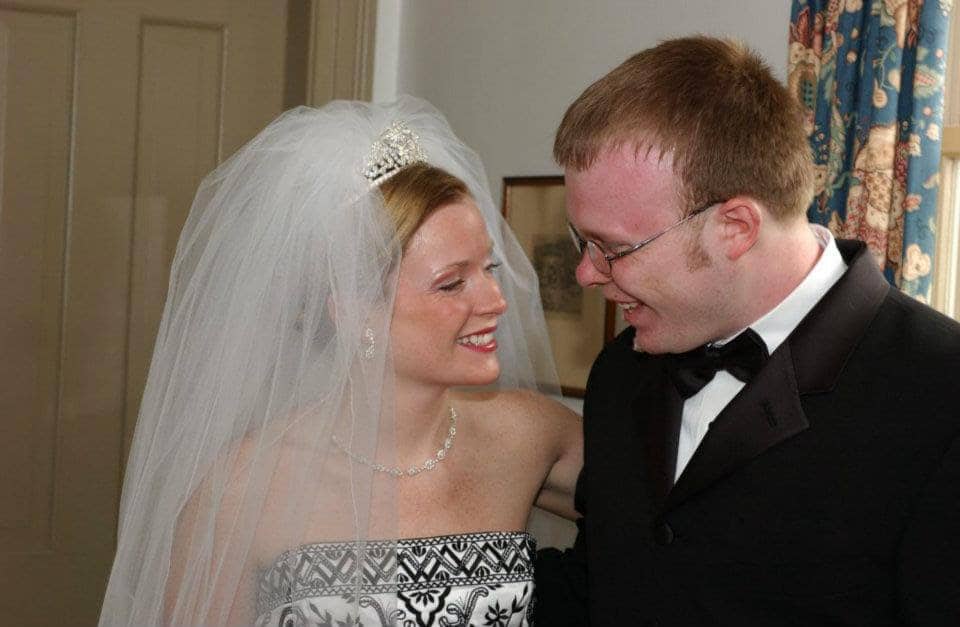Emma has always been a worrier, her mind a constant flurry of “what-ifs” and worst-case scenarios. So when she was offered a promotion at work, her initial excitement quickly turned into anxiety.
The new role came with more responsibilities, so naturally she was consumed by thoughts of failure. She worried about not meeting deadlines, disappointing her boss, and even losing her job altogether. For the next couple of days she lost sleep and her stress levels soared.
But despite her fears, Emma forced herself to take the promotion, bracing for the impending disaster she envisioned.
Fast forward to one year later – Emma looks back and realizes that none of her fears came true. In fact, quite the opposite. She has excelled in her role, her boss is impressed with her performance, and she is getting positive feedback from her colleagues. She asks herself the question many of us have asked ourselves often in our lives… “Why was I so worried about (fill in the blank)?”
Worrying is a natural part of being human. It is our mind’s way of trying to protect us from potential dangers and failures. However, as Mark Twain famously said, “I’ve had a lot of worries in my life, most of which never happened.” This quote encapsulates the essence of how worry often affects our lives. We spend time and energy fretting over things that are unlikely to occur, often at the expense of our happiness and peace of mind.
Research supports the fact that most of our worries are unfounded. Dr. Robert Leahy is a renowned psychologist and author of the popular 2006 book The Worry Cure: Seven Steps to Stop Worry from Stopping You. Through extensive research he found that 85% of the things people worry about never happen.
Moreover, of the remaining 15% that did happen, 79% of people found that they handled the situation better than they had expected, or the outcome was not as bad as they had anticipated. This means that 97% of what we worry about is either unfounded or manageable. So why do we worry so much?
Worrying stems from our need for control. Uncertainty triggers anxiety, and our minds conjure up scenarios in an attempt to prepare for any possible outcome. However, this often backfires, leading us to worry about events that are unlikely to occur. As Seneca, a famous Roman philosopher, once said, “We suffer more often in imagination than in reality.” Our imagination can be our worst enemy, creating mountains out of molehills and turning minor issues into major catastrophes.
It’s also important to note that excessive worrying can take a toll on our mental and physical health. Chronic stress from constant brooding is linked to a host of physical health problems, anxiety disorders and depression. The irony is that while we worry to avoid potential problems, the act of worrying itself can create real issues. And as Barbara Cameron says: “Worry about tomorrow only steals the joy from today.” So how can we overcome the habit of worrying?
The most common answers are exercise, yoga, meditation, deep breathing techniques, sufficient sleep, sunlight exposure, strong social connections and a healthy diet. These have all been proven to help keep the mind calm and at ease. But here are a few more you may not know:
One effective strategy is mindfulness, which involves focusing on the present moment and accepting it without judgment. By staying grounded in the here and now, we can reduce the tendency to dwell on future uncertainties. As Eckhart Tolle, a spiritual teacher, advises, “Realize deeply that the present moment is all you ever have. Make the Now the primary focus of your life.”
Another approach is to challenge our worries. When a worry arises, we can ask ourselves how likely it is to happen and what evidence we have to support this belief. Often, we will find that our fears are based on assumptions rather than facts.
Keeping a worry journal can also help. Writing down our worries and revisiting them later allows us to see how many of them actually come true. This practice can help us develop a more realistic perspective on our fears.
Lastly, and definitely one of the most powerful weapons against worry is actually just two words. Can you guess what they are? In the first sentence of this article you were introduced to Emma and her constant flurry of “what-ifs”. Moving forward, every time your mind conjures up a possible “what if” calamity, simply respond to your brain by thinking “even if” and then confirm that the outcome is something you can handle.
For instance, if you think to yourself, “What if I lose my job?”, the very next thought you should force your brain to think and accept is “Even if I lose my job, I will find another job, maybe even a better job, and it will all work out in the end.” This positive manifestation technique can really work wonders on your worried mind if you practice it routinely.
Awhile ago a friend shared a quote with me…“Regret is the past crippling the future.” As applied to worry, the way I see it is…
“Worry is the future crippling the present.”












